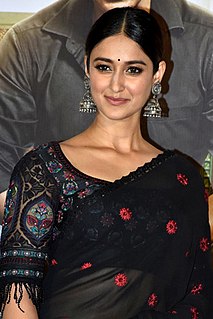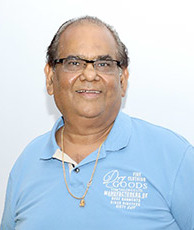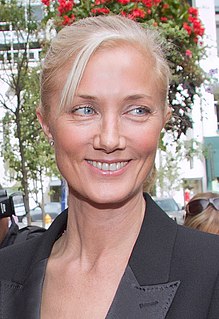A Quote by Drew Barrymore
When I did 'E.T.,' it sort of solidified the only family I know are these film crews. These gypsies. These filmmakers. That was the solidification and the clicking revelations of 'This is what I want to do with my life and this is where I'm going to survive.'
Related Quotes
I left film because I felt that photography was my art. It was something I could do on my own, whereas film was so collaborative. I thought as a photographer I could make something that was artistic and that was mine, and I liked that. And it wasn't until I got back into film and I have very small crews and I could do very tiny filmmaking that wasn't 100 people that I still felt that I was making something artistic as a filmmaker. So, you know, I'm an artist, and whether it's photography or film, I want my voice to be there and I think my voice is very strong in this film.
As filmmakers, we want the audience to have the most complete experience they can. For example, I interviewed Stanley Kubrick years ago around the time of '2001: A Space Odyssey.' I was going to see the film that night in London, and he insisted I sit in one of four seats in the theater for the best view or not watch the film.
I may not get the opportunity to make movies for my whole life, but I'm going to make movies for the rest of my life. Maybe studios won't pay for it, but I'm going to do it because I love it. So, I just have to be proud of what I make, and what I'm trying to say in what I make. If people don't like it or people don't see it, that's beyond what I can control. I'm a storyteller, and people are going to listen or not and like it or not. That's only solidified over time.




































